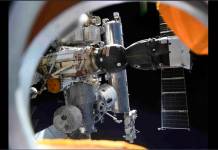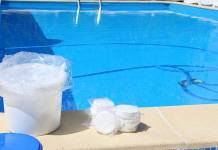
NASA is planning where to land the next Mars Rover
U.S. – A new Mars Rover project from NASA is going to launch by the end of 2020, and a teenager’s proposal is likely to choose the landing site of the probe.
Alex Longo is a 15-year sophomore at the Cardinal Gibbons High School in Raleigh, North Carolina. The enthusiastic teen sent a recommendation letter to the space organization that now ranks among the top eight proposals of landing sites for the Mars explorer.
NASA asked proposals beforehand, an opportunity that Logo, who says has been following space exploration for ten years, could not miss. He already is a part of the Planetary Association and was a keynote speaker of 2014’s Nasa Glenn Honor at the Center Awards Ceremony.
Longo saw the first space transport take off at the age of five

The teen talked about the Mars meanderer venture in 2014’s speech on NASA site. After his mother heard about his interest to send a letter message to the institution, she motivated her son to do it.
Longo eventually picked Gusev Crater as the arrival place for the next Mars Rover, the same spot where 2004’s Spirit rover landed. The Spirit recorded promising signs of life back in 2004 and Longo believes the site deserves a second look.
Of course, thousands of suggestions also landed in NASA’s mailbox, but the teen’s letter raised the attention of researchers and scientist alike. He regularly writes letters to the organization and receives “cool space shuttle mission posters or patches.”
Alex Longo assisted an official landing site meeting at NASA’s HQ

The meeting held at NASA’s headquarters in Washington, D.C, where Alex had to make a short talk in the last session of the meeting.
His mother says the room burst into applause when his son finished the speech. The recognition of his talent marked his official recruitment as a member of Mars team and is set to have another meeting next year that will shorten the list of proposals to four.
The space agency will still strive a couple of years to improve the Mars Rover, a project that is still in the pipeline and needs a lot of investing and work.
Currently, NASA is handling the Curiosity rover on Mars, a probe with multiple cameras and instruments, including a tool suite to take and analyze samples. The rover landed in November 2011 and will continue on the planet for two more years.
Source: Science World Report











